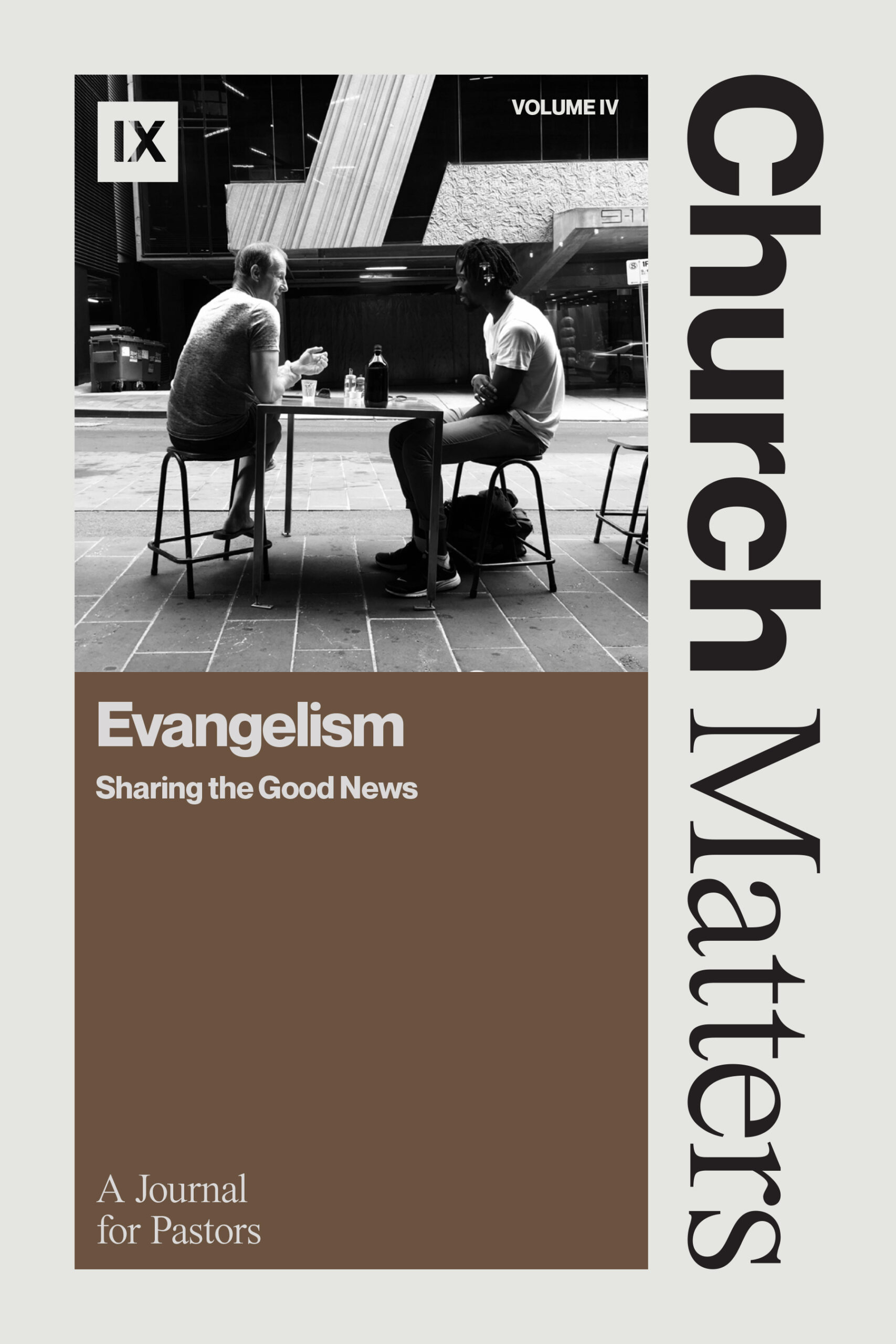Addressing Nonbelievers in Corporate Worship
A Muslim couple recently started attending our church gatherings. Some of our members met them while out evangelizing, and the couple wanted to learn more about Christianity. They haven’t missed a service since and appear serious about seeking Jesus—praise God!
Their presence amongst us has been a real joy but also has prompted me to ask myself some questions: How much should we expect non-Christians to understand about our church services? To what extent should we address and acknowledge them when leading, preaching, and praying?
Thankfully, I’m not alone. Pastors have grappled with these questions for many years, yet not all have agreed on how to answer them. Some pastors focus on attracting non-Christians and tailor everything in the gathering toward seekers. On the other extreme is the tendency to be ambivalent toward non-Christians, never even acknowledging their existence.
The key to staying on the horse is to find the right kind of balance between these two approaches. The primary goal of our gatherings should be to edify the saints through the Word. And yet, we should also regularly speak to the non-Christians in our midst. If we commit to this, then our assemblies will mirror the gospel itself, which both gathers in and edifies and scatters us to proclaim.
Where can this balance be discerned in Scripture? We see in Acts that the disciples “devoted themselves to the apostles’ teaching and to fellowship, to the breaking of bread and to prayer” (Acts 2:42). The priority is clearly believers edifying one another. Yet Paul expects non-believers would be amongst the gathering (1 Cor. 14:23–25) and, by reasonable extension, acknowledged and addressed.
But how does this work out in practice? Let’s consider some elements of the gathering.
Songs
God commands us to sing biblical truth to one another (Col. 3:16, Eph. 5:19). The focus of these commands is the mutual edification of believers, so churches should strive to sing songs that are theologically rich.
Yet sometimes hymns riff off biblical imagery that is unfamiliar to non-Christians. And so the service leader or someone should occasionally explain terminology or symbolism. Our church recently clarified for visitors what an “Ebenezer” is.
Addressing non-believers can sometimes mean challenging them. Some songs have responsive words to them (e.g. “I will trust in you alone”). It can be appropriate to ask non-Christians winsomely but seriously as to whether they can sing those parts of the song for themselves.
Furthermore, it’s worth including songs in the regular singing diet that invite us all to approach Jesus by faith (see “Come, Ye Sinners, Poor and Needy”). The church will sing to God and one another, but also to non-believers, entreating them to draw near to God through Christ.
Sermons
I’m hopeful that your church views the sermon as the primary spiritual food of your gathering. It’s through God’s Word preached that believers are nourished, corrected, and equipped for works of service. However, faithful preaching also invites people to trust in Jesus for the forgiveness of their sins. And so, with a good number of non-Christians in our services, we should address them specifically at appropriate times.
There are several categories of non-Christians we can keep in mind. First, the reluctant attendee, such as the teenager dragged to church by their parent. Often, I seek to help them see the significance of what Christians believe and the danger of being outside of Christ.
Next, the engaged skeptic. There is merit in addressing doubts they might have. Preaching through Acts recently, I’ve been quick to point out the apologetic aspect of the text (how can eleven intimidated disciples change so radically?).
Finally, there’s the non-believer who is searching for God but hasn’t put their trust in Jesus. Remind them of Christ’s readiness and willingness to forgive and receive them.
In light of all this, it’s appropriate for every sermon to have a clear explanation of the gospel during which unbelievers are entreated and invited to put their faith in Jesus.
Scripture Readings
In accordance with 1 Timothy 4:13, churches should seek to read the Bible during the corporate gathering. When God’s people gather, they read God’s Word (Josh. 8:34–35, 2 Chr. 34:30, Neh. 8:1–8). How can we be mindful of non-believers in this element of the gathering?
First, the person reading can mention the page number of the passage in the church Bibles. This helps visitors not to feel lost if they can’t automatically locate Nahum (after Micah!). Second, giving people enough time to locate the passage ensures that those less familiar with the Bible aren’t playing catch up and only reaching the passage halfway through the reading.
Finally, I know churches who regularly say from the front that if someone doesn’t have a Bible, they would be welcome to take one home as a gift from the church. This shows warmth and hospitality to the visitor and teaches them the importance of God’s Word.
Conclusion
We want unbelievers to feel welcome in corporate worship and understand what’s going on, yet we also want them to know that they aren’t part of the church family, at least not until they have responded to the gospel.
It’s like when my family has guests over. We feed them and make them feel as welcome as we can. But they are not part of the family; they won’t always understand our idiosyncrasies and family quirks (peanut butter and honey on toast anyone?!).
And that’s okay. They just need to understand how someone becomes family.









